Dear Weed-ers,
(note: seatbelts are recommended for the ride this week.)
Since the last diss diary, here’s what I have been up to:
submitted my article on April 29th, a whole day early (yay!). I did fight with the submission portal for an hour to figure out how to actually submit the darned thing, but we did it.
recovered from a very two-week trip with my mom through Paris, Rome, Florence, and Munich. Don’t worry, that post is coming!
attended a 3-hour workshop put on by a research institute and then networked with grad students and faculty afterwards: all in French!!!
treated myself and my sister to some beautiful French skincare, and also played tourist in the Marais getting gifts for friends
Shopping for gifts was necessary because I leave Paris next week. People have asked me how I’m feeling about it, and I don’t quite know what to say. On the whole, I feel ready to return home to the warm embrace of the Charles River in the summer. I’m ready to see my friends and be back in my lovely apartment. I’m tired of the unseasonably rainy and cold spring season here, and of having packed only 3 sweaters and too many tanks. Goodness, I want a plate of enchiladas with rice and refried beans and fresh salsa! There is so much to look forward to.
But things feel different than when I left, and I’m a little scared about what I will be walking into. I suppose this would be true regardless, since one would hope that growth and change will have occurred during a 10 week period. But the air will be different when I land in Boston next week, and I’m preparing myself for that reality. A former advisor emailed me to ask how I was doing in the context of Harvard’s liberation zone, not knowing that I am out of the country. My response: “…wow this is giving me flashbacks to four years ago... [the police violence elsewhere is] really disheartening. this is all also really making me think about how best to relate to the academic industrial complex...”
So I want to pick up on a theme I mentioned in the last diss diary, about being worried about wasting time. How are we supposed to do our work when human rights and freedoms of speech are on the line? Is creative work futile or essential in the face of global warfare or social protest or climate crisis? Is our creative labor a distraction or an act of revolution? How do we keep going?
What is all this for?
I haven’t been able to get much done. Partially because of travel-related anxieties; partially because I was exhausted from my European gallivants; partially because I am at a transition point in my workflow and deciding what step to take next.
I’m uncertain about my position as a justice-minded scholar who calls for divestment (from war, from fossil fuels, from white supremacy) in unwieldy academic systems whose mission might be education but who are, at the end of the day, corporate businesses. I’ve also been uncertain about the way I do scholarship. See, I’m a musicologist writing about sound, refusing to take “music” as ontological category for granted. I often try to eschew tried and true styles of organizing an argument, and sometimes it just doesn’t land. While some mentors have just trusted me to figure out my own way of reaching clear expression in my work, others have asked me to not reinvent the wheel. Makes me feel like I’m doing something wrong, that my brand of scholarship won’t work, that no one will understand.
To be honest, recently it has been hard to feel like anything will matter. Musicology is a tiny discipline with, like, no readership. Universities are stripping humanities disciplines of funding, especially in the arts. It makes the academic job market extremely tight. This is not even to mention that my rights as a woman are being restricted, and that going out to eat often means sacrificing elsewhere in the budget.
We can all see what’s happening. They say it’s because of budget and inflation and the “dwindling” “viability” of arts professions. But if you tighten the funding and cut the jobs and limit the availability of ensembles and continue to deprioritize artists and actors and writers, eventually we pesky critical thinkers will eventually fade away. That’s what it feels like anyway.
Disillusionment is the word I’ve been looking for. It is confusing to work in an environment that prioritizes experimentation and knowledge production, but that is so hierarchal, so slow to adopt changes, so intent on enforcing the idea of “mastery” and detaching emotion from “pure work.” I know that there is no ethical consumption (or production) under capitalism, but I would love to know: when will that cease to be true? What do we do in the meantime?
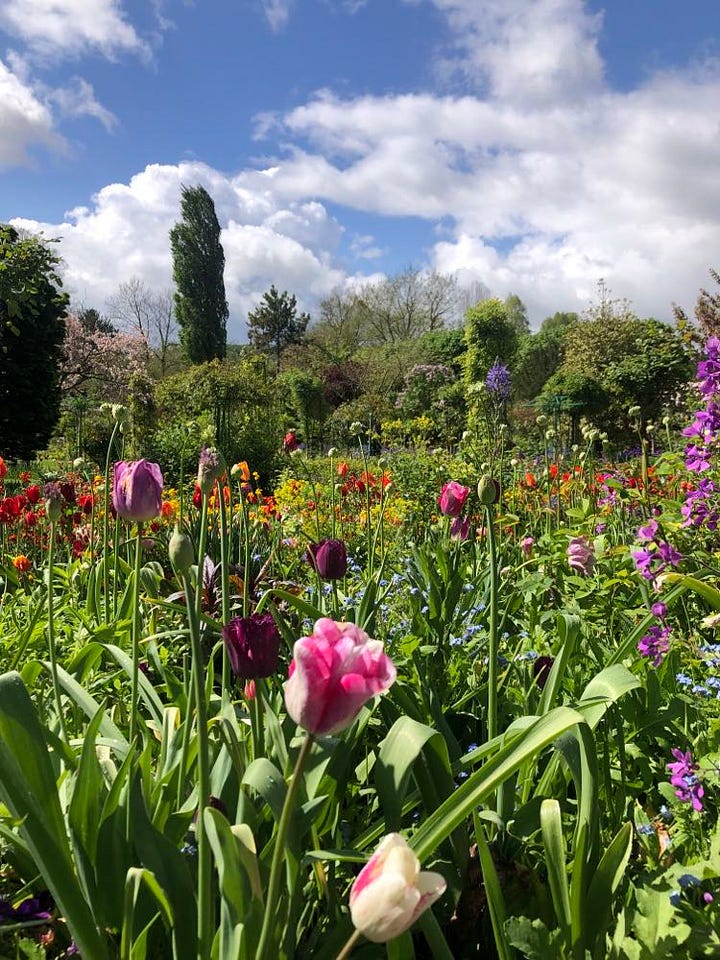
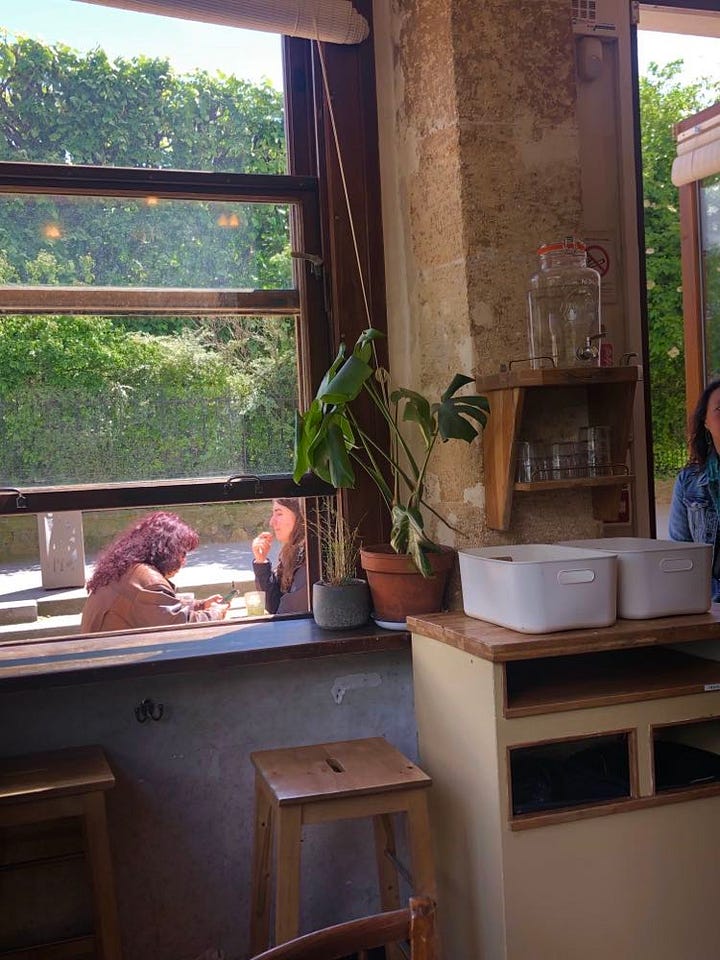
As a surprise to no one, I was journaling about this the other day:
“it is hard to get work done when there is a literal war happening, when there are many wars happening that we feel helpless to do anything about because we are so far away, too young, too privileged, too woke. maybe the best thing to do is our work. is that the most revolutionary thing we can do? to not let university demands or these crises distract us from the necessary labor of creativity, of critical thought, of creative problem solving through art and literature and music and scholarship? surely work is not the answer. surely. but… there is work to be done, and doing our job is not always burying your head in the sand and hiding. it is believing that my work can change really change the world around me and seeing that making ideas can be revolutionary. this is a time of social revolution. that is what the 2020s can and will be remembered for, i think. what a beautiful mess all of this is. what a time to be ALIVE. (10:33)
The end is often nowhere in sight, but what writing has taught me is that swimming in a Word document requires an immense amount of belief that the thing will be done, will see the light of day. We have to surrender the desire for immediate results and just trust blindly that things will work out, while also taking steps every day to ensure that the words accumulate.
Social protest is inherently creative work, and that doesn’t get talked about enough. It involves creatively undermining rules without breaking them, on both sides of the picket line. It involves affective labor that takes the form of putting bodies and voices in solidarity with other bodies and voices. It involves using changing your relationship to time and space and life, which is all that creativity is. Being a creative thinker scares the powers that be, because we are magical little gremlins: working underground or between the lines, imagining the state of historical worlds as preparation for the new worlds we (historians) dare to dream up.
We have to keep going. Writing and research is my work right now, and choosing to focus on what I need to do in the day-to-day is not me distracting myself from the very real problems of the world. It is not a waste of time to spend 30 minutes a day on my short story, or to meet my silly little word count and reading goals. It is not a waste of energy. Doing those things keeps me going, fuels me for the other, bigger work that awaits.
Elizabeth Gilbert’s Big Magic is still singing to me: “you don’t need to know what anything means,” she says. Just make. Just do. Just go. Just make. Just go. Just do.
This was actually very helpful for me to write, helped tidy up some threads floating aimlessly in my head. If you also found it helpful, feel free to share with a friend or loved one. I have no strong answers here, so I would love to crowd source inspiration from the comments! How, in your own line of work or play, do you thread the relationship between individual and collective? How do you nourish yourself in the face of challenging circumstances and demands on your time? Lastly, if you want to support the revolutionary craft of art-making with me, my subscriptions are open.
Bien cordialement,
Cana <3




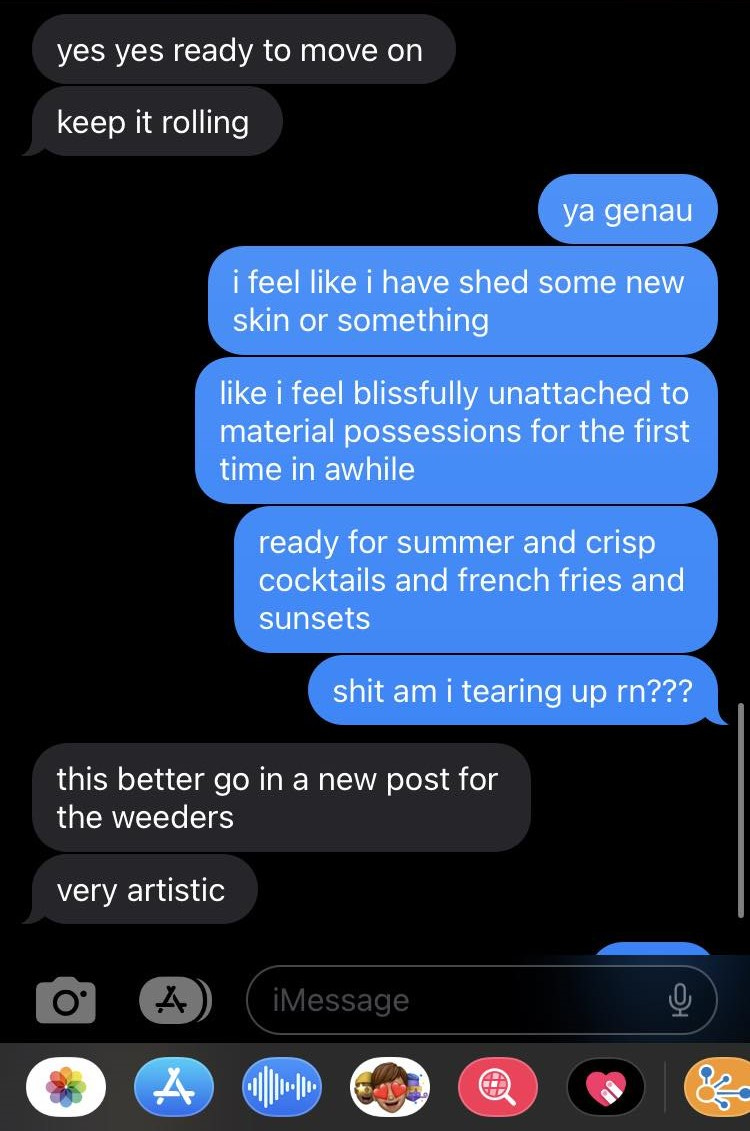
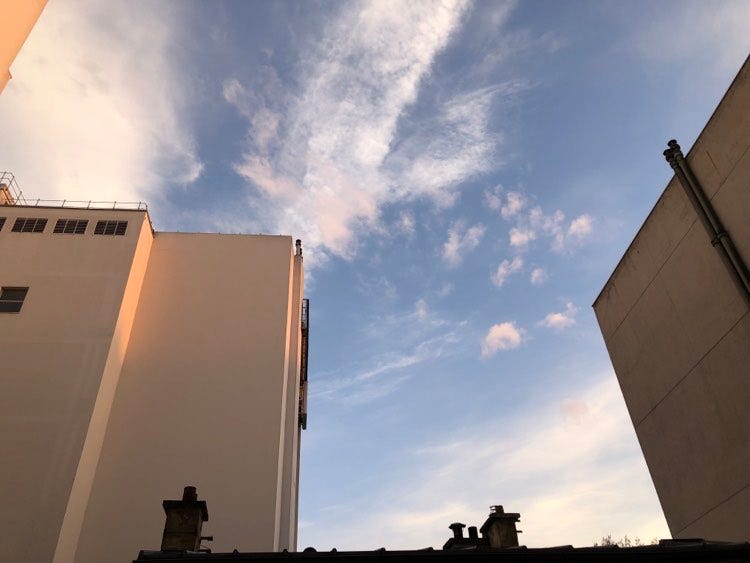
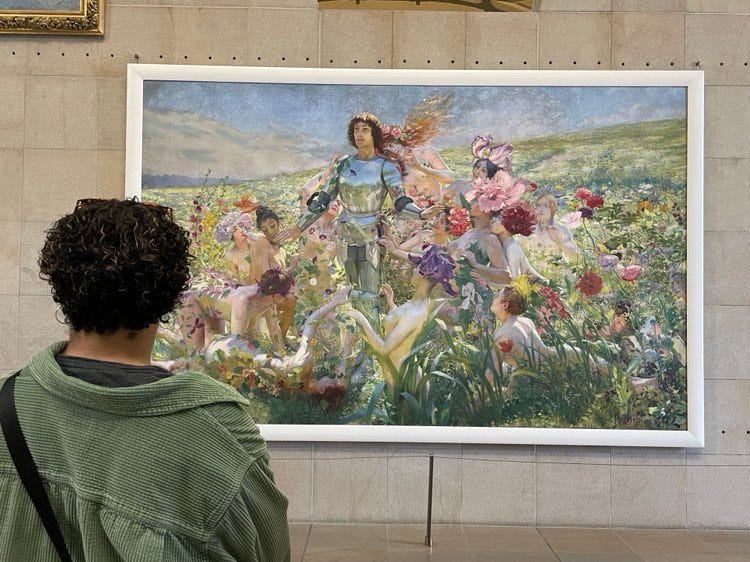
What a beautiful post 🥹 thank u for sharing your meditations with us!!
Hi Cana! This post touches on several things I think about constantly. It is extremely difficult to not give into the feeling of futility when it comes to art. Personally, just starting a substack and sharing my feelings on this topic and finding so many people feel similarly has been empowering and motivating for me as an artist. I'm not sure if you follow Ismatu, but I want to share a post from her with you that lit a fire under me, I really think you'd resonate. Cheers!: https://ismatu.substack.com/p/the-role-of-the-artist-is-to-load